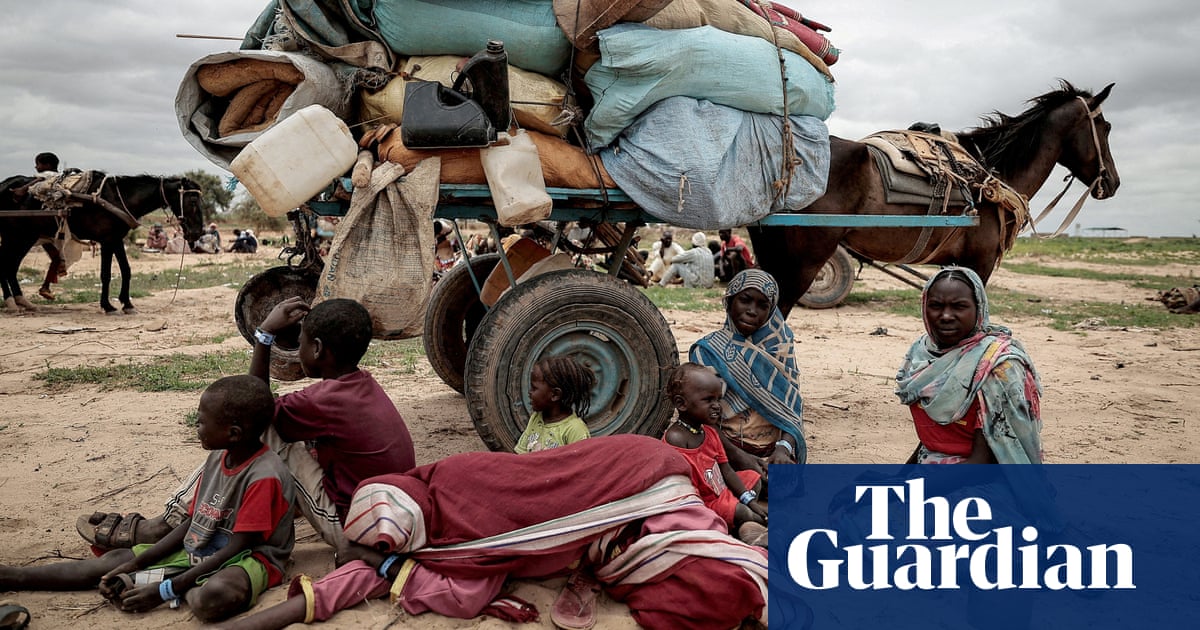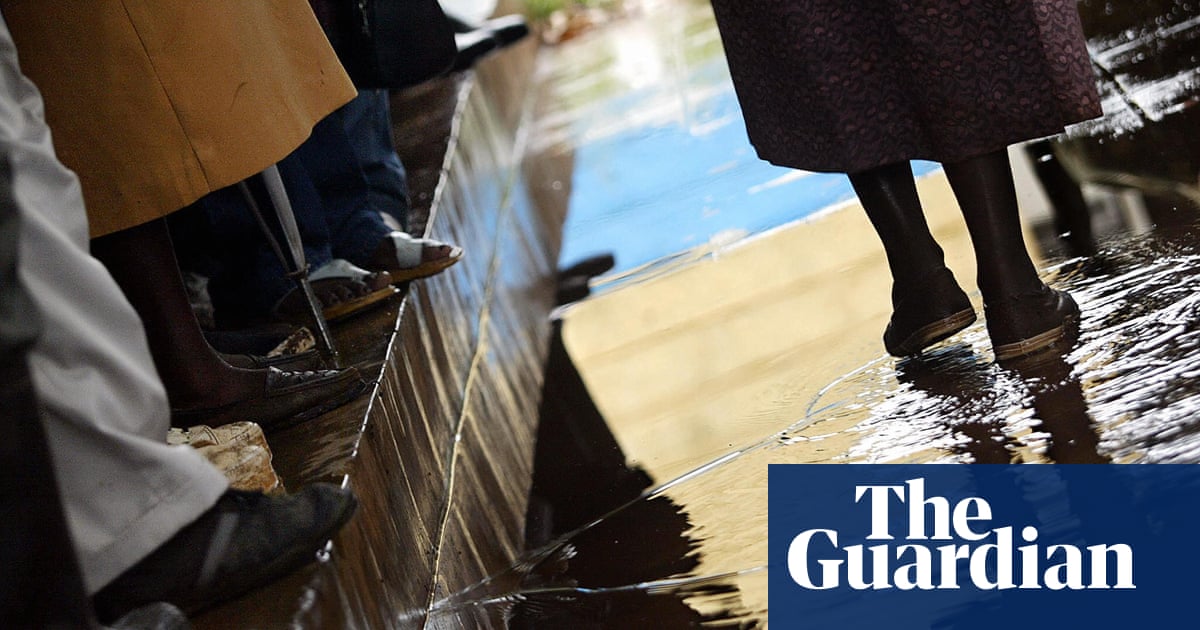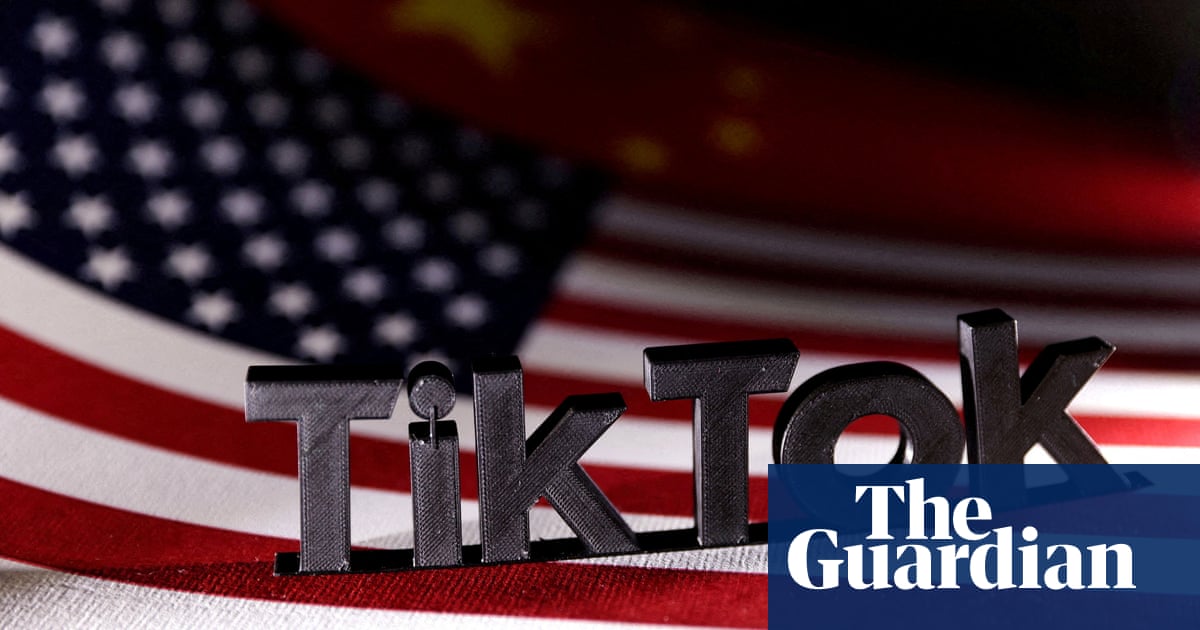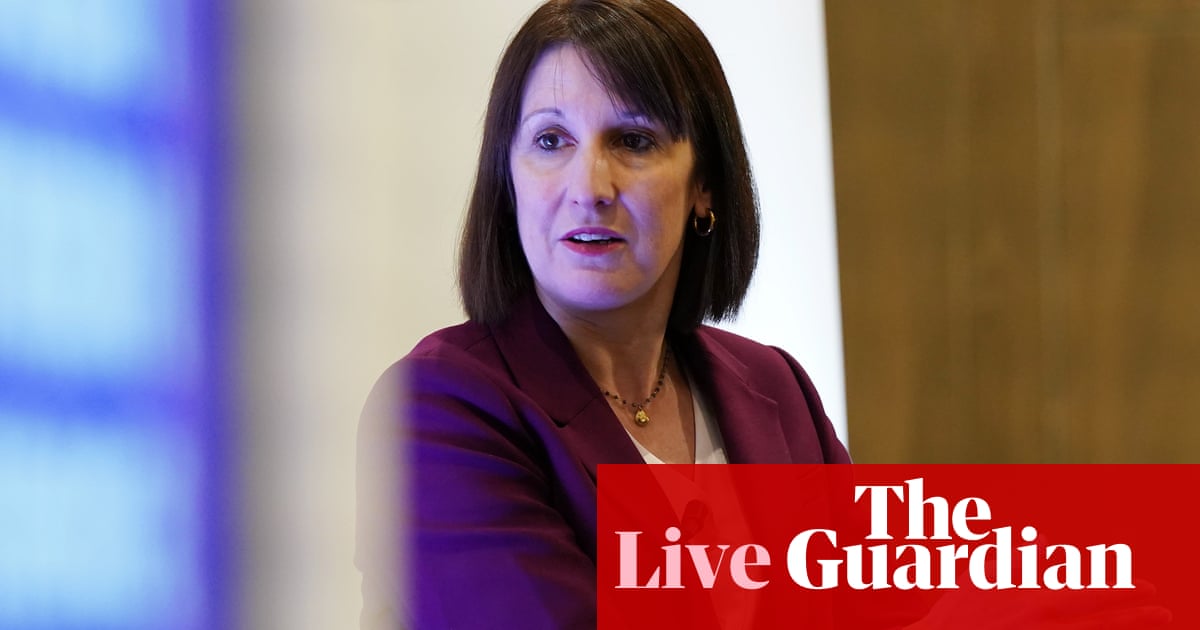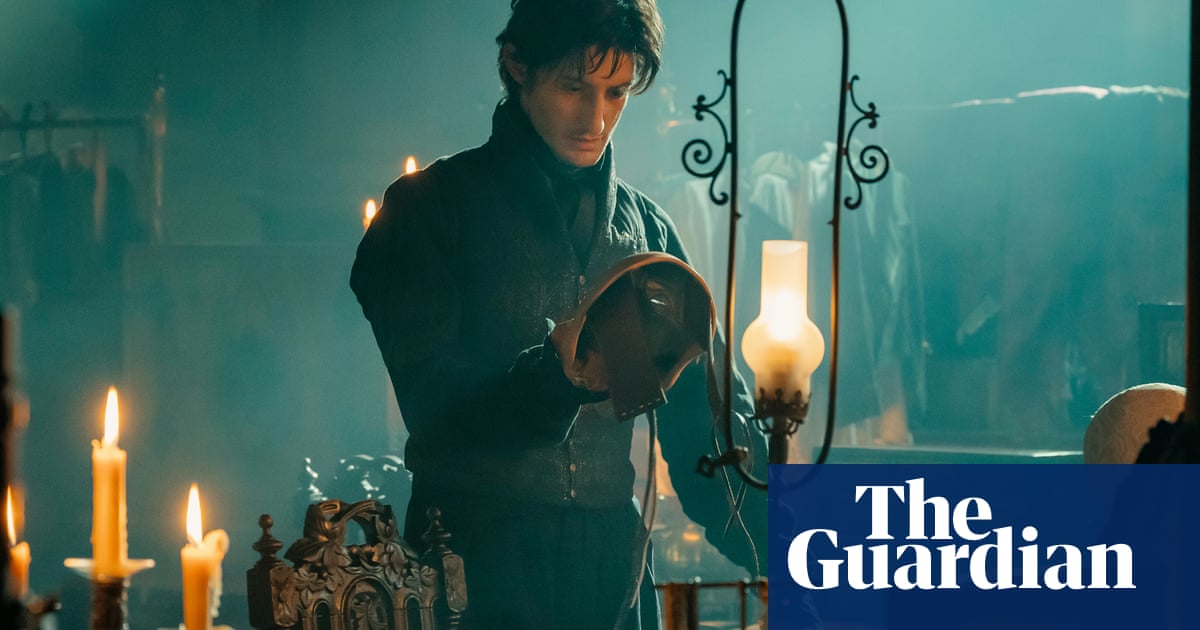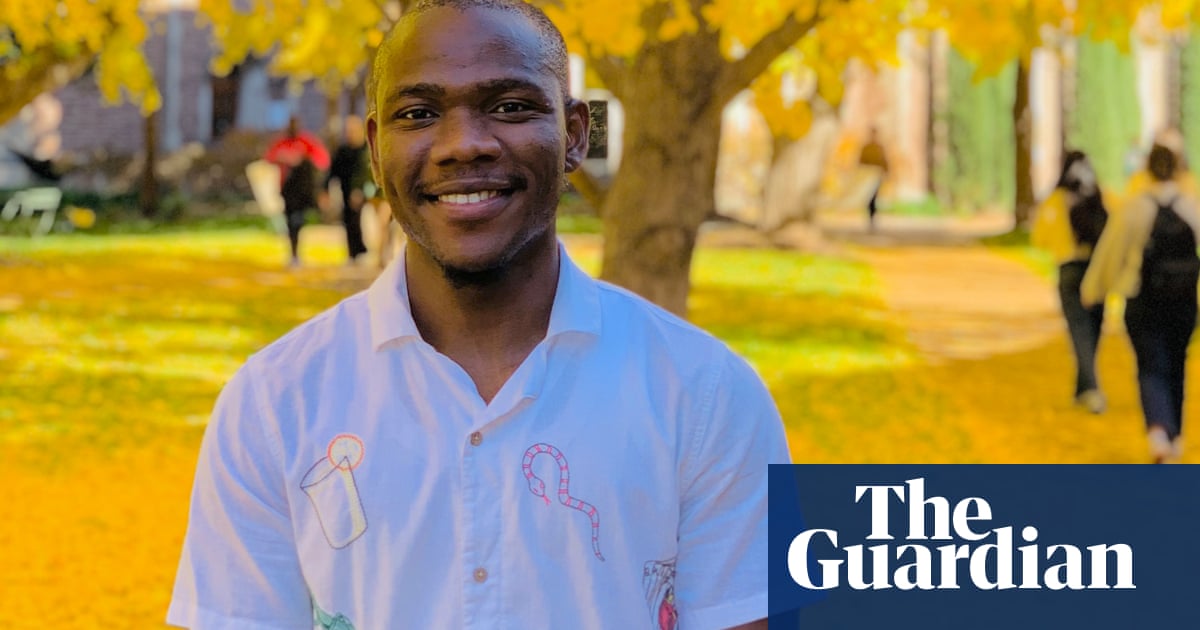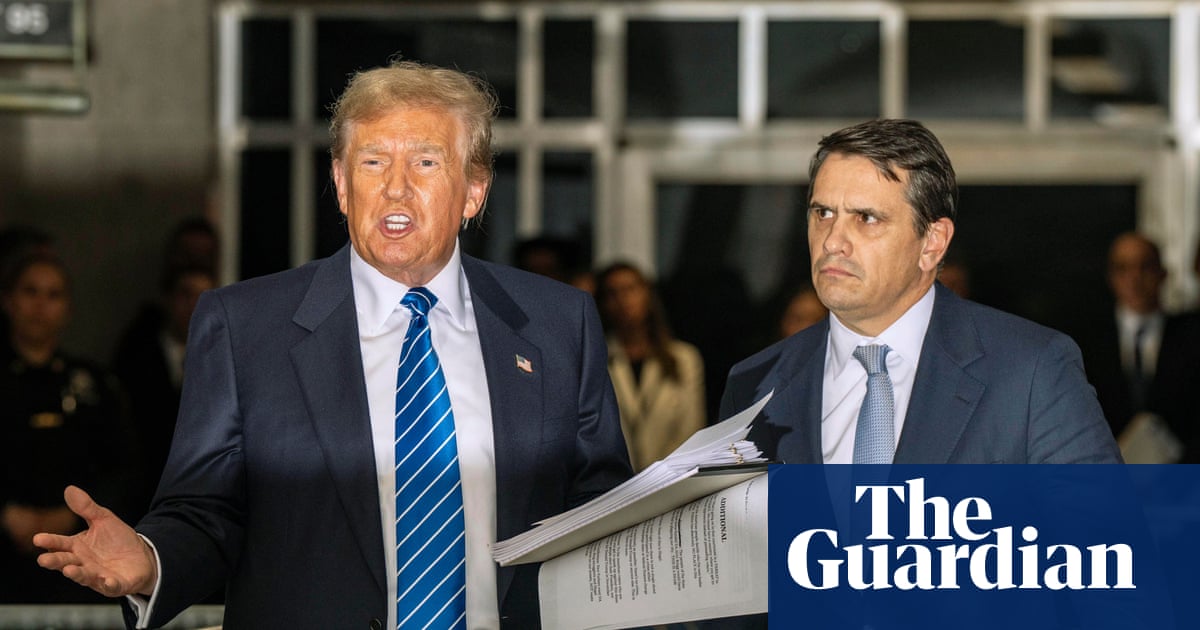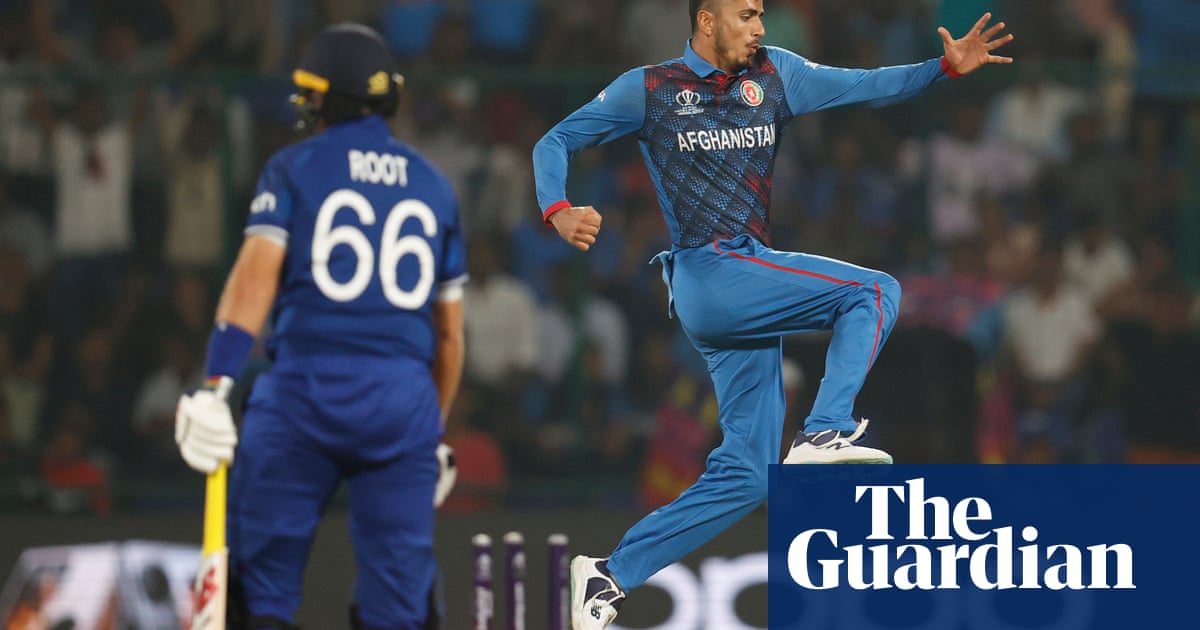New Zealand’s prime minister Christopher Luxon has formally apologised to the more than 200,000 children and adults who suffered “horrific” and “heartbreaking” abuse and neglect while in state and faith-based institutions.
The historic apology follows a harrowing landmark report, released in July, which laid bare the scale of abuse that occurred across care institutions from the 1950s onwards. It was the most complex royal commission inquiry the country has held. The judge who chaired the inquiry, Coral Shaw, described the abuse as a “national disgrace and shame”.
Luxon delivered the national apology at parliament on Tuesday. Survivors attended events around the country and filled the public gallery to witness the address. Many quietly wept as the prime minister spoke.
“Today I stand before you as the representative of not only this government, but all of the governments that have gone before us to offer a formal and unreserved apology for the abuse you suffered while in state care, churches and other faith-based places,” Luxon said.
“It was horrific. It was heartbreaking. It was wrong. And it should never have happened.”
Luxon apologised to survivors for not being believed, for the staff who turned a blind eye and for the state’s poor oversight of people in care.
“Your stories left many of us stunned that this could have happened here in New Zealand. But not you – you knew the truth because you lived it, and you have waited and waited for people to start listening to you. Now New Zealand has listened.”
The inquiry estimated that of the 655,000 people who went through New Zealand’s care institutions from the 1950s, roughly 200,000 were abused, and said the true number of survivors could be much higher.
It found sexual, physical and emotional abuse and neglect was widespread and systematic, resulting in significant trauma to the survivors – many of whom went on to experience homelessness, poverty, addiction, devastating effects on health and mental health, and reduced opportunities for education and work. Some survivors were subjected to torture.
Māori were disproportionately affected and faced disconnection from their culture and identity, and in some cases were put on a path towards gang membership, imprisonment, and suicide.
The perpetrators included caregivers, religious leaders, social workers, and medical professionals.
Tupua Urlich, who suffered sustained abuse after being placed with a non-family caregiver aged 5, travelled from Auckland to attend the apology. Urlich told the Guardian he was attending for himself, his father and his uncles who had all been abused in care and who had since died, some from suicide.
“It was about being here to hear the government acknowledge the role they played in the pain and the trauma they’ve inflicted upon my family – today is not a day of justice but for acknowledgment.”
Urlich, who was heavily involved in the inquiry, said the prime minister had clearly read the report, but an apology would be meaningless without a survivor-led overhaul of the care system.
“The door to consultation is open,” he said in plea to the government. “We don’t trust you to get it right on your own – we need accountability and transparency on every move that is made – without transparency, abuse of power continues.”
In his apology, Luxon said “words must be accompanied by actions,” adding there were two “big lessons” from the inquiry that the government must act on quickly.
“First, we must do the right thing by you and provide you with the support that you need. Second, we must do all we can to prevent abuse happening in the future.”
Luxon said the government had begun or completed work on 28 of the more than 200 recommendations and announced further resourcing towards establishing a new redress system. A national remembrance day was announced for 12 November next year, while the names of prominent offenders who carried out abuse would be removed from street signs.
The government also introduced legal changes on Tuesday afternoon that would “better protect people in state care”, including removing strip-searches of children and strengthening restrictions for people working with young children.
Speaking after the prime minister, the leader of the opposition, Chris Hipkins, joined in apologising on behalf of successive governments that did not act.
“We are sorry. Today all of Aotearoa New Zealand will bear witness to the truth, to what survivors experienced, to our decades of wilful ignorance, denial, minimisation and to our conviction to end such horror and vile acts from continuing,” Hipkins said.
At an event in parliament’s banquet hall just prior to the prime minister’s address, the heads of seven agencies, including the acting head of police, the chief executive of the ministry for social development and the solicitor general, apologised to survivors. At times, their words were drowned out by boos.
Three survivors, who were selected to speak at the event, expressed their desire to see urgent transformation within the care system and meaningful redress.
State care survivor, Keith Wiffin, who spoke at the event and later watched the apology from the public gallery, told the Guardian it was important he attended the address in person.
“It’s such a huge historical day, for survivors in the first instance, but for the country as well.”
Wiffin, who was placed in state care aged 11 and experienced ongoing sexual assault and psychological abuse, said he believed Luxon and Hipkins’ apologies were authentic.
“It gave hope that there would be change, for the future of those who go into care, that there will be genuine focus on prevention … but also there was a commitment – albeit slightly disappointing it was not immediate – for redress to happen, which is essential.”

.png) 1 month ago
11
1 month ago
11
